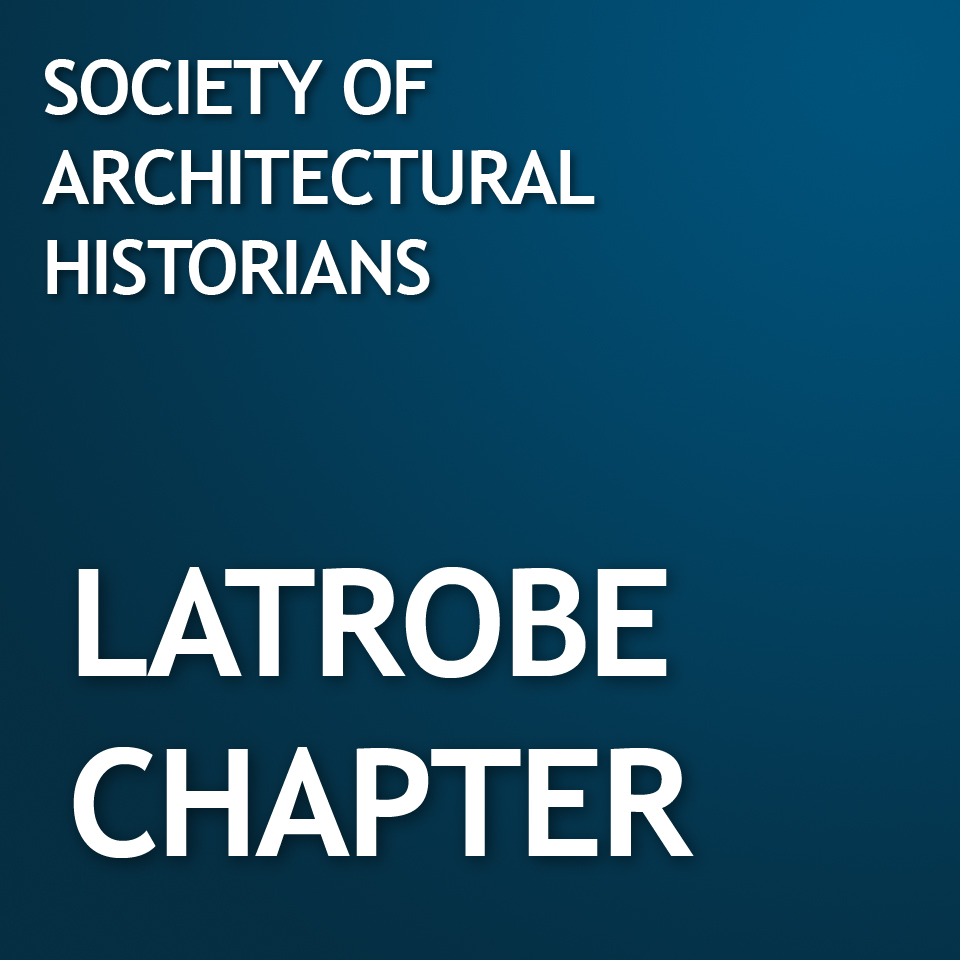Deserts are not empty as they have long been seen and represented. Deserts —both hot and cold—have often served to search, extract, and transport various natural resources, such as oil and gas, as well as to design and build new cities, infrastructures, tourist complexes, farming systems, solar power plants, climate, and aerospace research centers, chemical weapons testing complexes, nuclear weapon research centers, and testing sites, and other settlements. How were these designs managed and implemented? What were their impacts on nomadic, semi-nomadic, and sedentary populations and their environments? To what extent did these deserts' transformations influence the politico-economic assets of the governments in question? The Fall 2020 Preston H. Thomas Memorial Symposium will explore the ways in which politicians, scientists, and architects developed, exploited, colonized, transformed, urbanized, militarized, or polluted the underground or overground territories of a number of deserts in the aftermath of the Second World War.
The symposium will feature a series of virtual lectures convened by Assistant Professor of the History of Architecture and Urban Development Samia Henni, who is working on a book project on French nuclear testing sites and military bases in the Sahara Desert. Occurring weekly, eminent scholars, curators, artists, and architects will each approach the topic from different but related perspectives. Speakers include:
Ariella Aïsha Azoulay: Palestine is There, Where it Has Always Been, October 5, 10–11 a.m.
Dalal Musaed Alsayer: The U.S. Suburb in the Desert: Aramco, Dharhan, Saudi Arabia, c. 1950, October 19, 10–11 a.m.
Paulo Tavares: Plantation Deserts, October 26, 10–11 a.m.
Asaiel Al Saeed, Aseel AlYaqoub, Saphiya Abu Al-Maati, and Yousef Awaad: Space Wars: An Investigation into Kuwait's Hinterland, November 5, 3:00–4:30 p.m.
Nadim Samman: The Antarctic Imaginary, November 6, 3:00–4:30 p.m.
Menna Agha: Architecture as Governance: Displacement, Resettlement, and Power Tensions in Nubian Resettlement Villages, November 9, 10–11 a.m.
Alessandra Ponte: Matters of Extraction: The Lithium Triangle (Argentina, Bolivia, Chile), November 16, 10–11 a.m.
Solveig Suess: Overland, There's Shorter Time to Dream, November 23, 10–11 a.m.
Zoé Samudzi: Fraught Desert Memorials, November 30, 2020, 10–11 a.m.
The Preston H. Thomas series is funded through a gift to Cornell's College of Architecture, Art, and Planning from Ruth and Leonard B. Thomas of Auburn, New York, in memory of their son, Preston. The symposium lectures are free and open to the public.
Register below for the following lecture dates:
October 5: Ariella Aïsha Azoulay
October 19: Dalal Musaed Alsayer
October 26: Paulo Tavares
November 5: Al Saeed, AlYaqoub, Abu Al-Maati, and Awaad
November 6: Nadim Samman
November 9: Menna Agha
November 16: Alessandra Ponte
November 23: Solveig Suess
November 30: Zoé Samudzi

